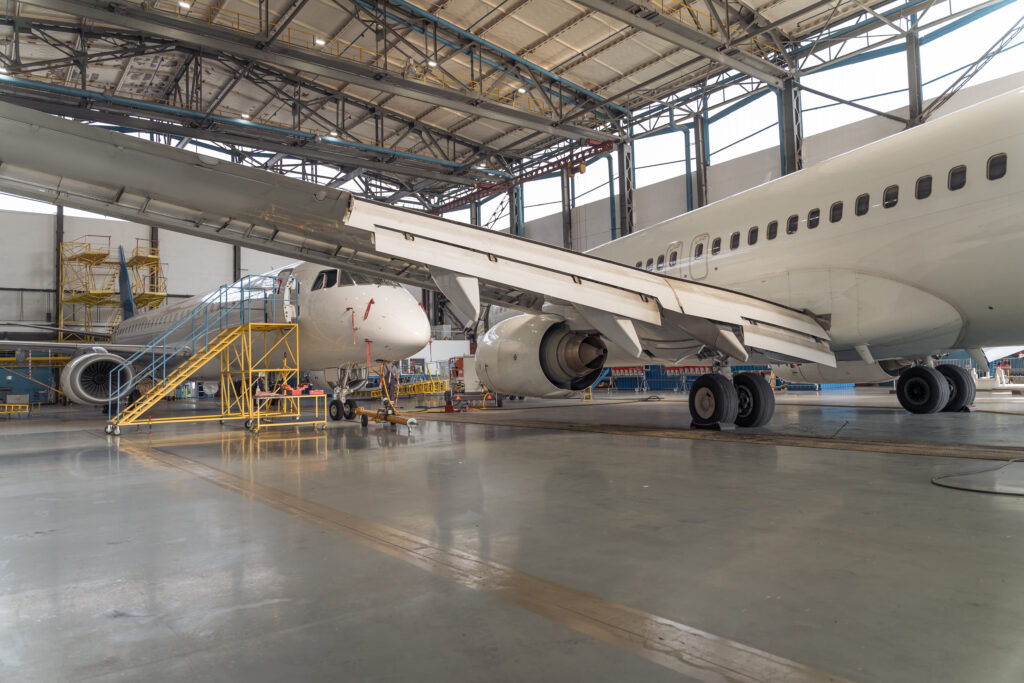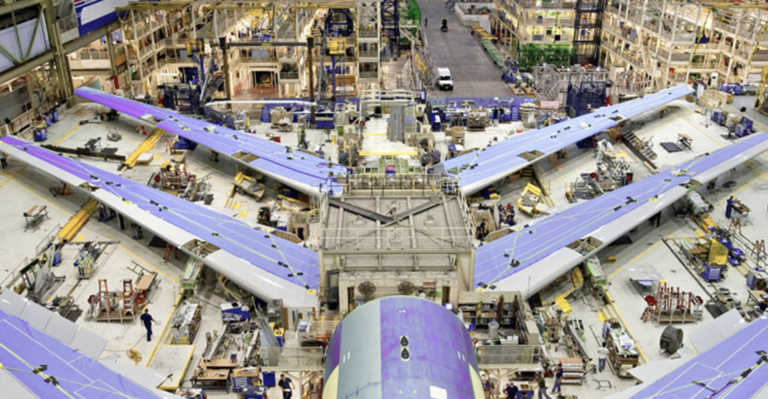The aeronautics industry has always been at the forefront of technological advancements, and the adoption of the Internet of Things (IoT) and location-based solutions is no exception. With the increasing demand for accurate and reliable tracking systems, several leading companies in the aeronautics industry have turned to Quuppa RTLS (Real-Time Locating System) to revolutionise their operations. Decision-makers and professionals in the aeronautics industry have recognised the numerous benefits that accurate, reliable, and cost-effective RTLS brings to their organisations.
The Benefits of Quuppa RTLS in the Aeronautics Industry
Quuppa RTLS offers a wide range of benefits for aeronautics enterprises involved in the design, manufacturing, and maintenance of commercial and military aircraft, engines, structures and electrical systems. The system provides precise real-time tracking of strategic equipment, valuable assets and tools in assembly lines, hangars, and warehouses, even in multi-site industrial environments. Let’s explore some key use cases where Quuppa RTLS is transforming the aeronautics industry and improving process efficiency.
Control of Production Processes
One of the primary use cases for Quuppa RTLS in the aeronautics industry is the control of production processes. With the ability to track parts and processes in real time, organisations can ensure efficient and streamlined production operations. This level of visibility allows for better resource allocation, reduced downtime, and improved overall productivity.
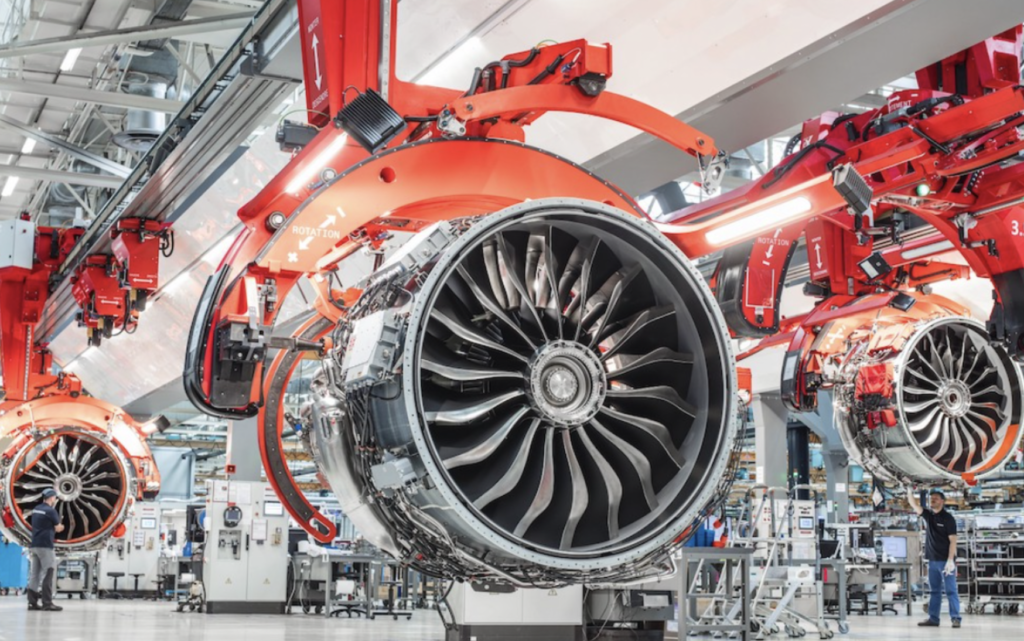
Locating Parts During the Production Process
In a complex manufacturing environment, locating specific parts during the production process can be a time-consuming task. Quuppa RTLS solves this problem by providing real-time tracking capabilities, allowing organisations to locate parts with precision. Whether on the assembly line or in a warehouse, the system ensures that the right parts are always in the right place, reducing errors and improving production efficiency.
Maintenance and Floor Management
Maintenance is a critical aspect of the aeronautics industry, and efficient floor and schedule management are essential for smooth operations. Quuppa RTLS helps organisations streamline maintenance processes by providing real-time location data. Maintenance personnel can quickly locate tools and equipment, reducing search time and improving overall efficiency. This level of visibility also enables effective scheduling and resource allocation, ensuring that maintenance tasks are carried out promptly.

Inventory Management of Large and Valuable Assets
In the aeronautics industry, inventory management of large and valuable assets is crucial. Quuppa RTLS offers a reliable solution for tracking and managing these assets with precision. By providing real-time location data, organisations can keep track of their assets, reducing the risk of loss or theft. This level of visibility also improves inventory accuracy and helps optimise asset utilisation.
Finding the Right Parts among Identical Components
In the aeronautics industry, parts and components can often be similar or identical, making it challenging to identify the right part for a specific aircraft or engine. Quuppa RTLS solves this problem by offering precise location tracking. Organisations can quickly locate the correct parts among identical components, eliminating errors and reducing assembly time. This level of accuracy ensures that the correct parts are used, improving overall quality and customer satisfaction.
Multi-Site Tracking and Multi-Accuracy for Diverse Environments
The design and manufacture of highly sophisticated aircraft and unique aeronautics parts require tracking solutions that can adapt to diverse environments. Quuppa RTLS offers a comprehensive range of tracking solutions covering indoor and outdoor settings with one integrated system. This flexibility allows aircraft parts, equipment, and components to be located in real time inside buildings, hangars, and warehouses. Moreover, the system can track assets during transport from assembly lines to warehouses, ensuring end-to-end visibility.
Quuppa’s system is easy to implement and offers flexibility in positioning accuracy, catering to the customer’s specific needs. Whether it requires presence detection or sub-meter accuracy, Quuppa RTLS provides the necessary scalability to meet diverse requirements. This level of flexibility and accuracy makes Quuppa an ideal choice for the aeronautics industry.
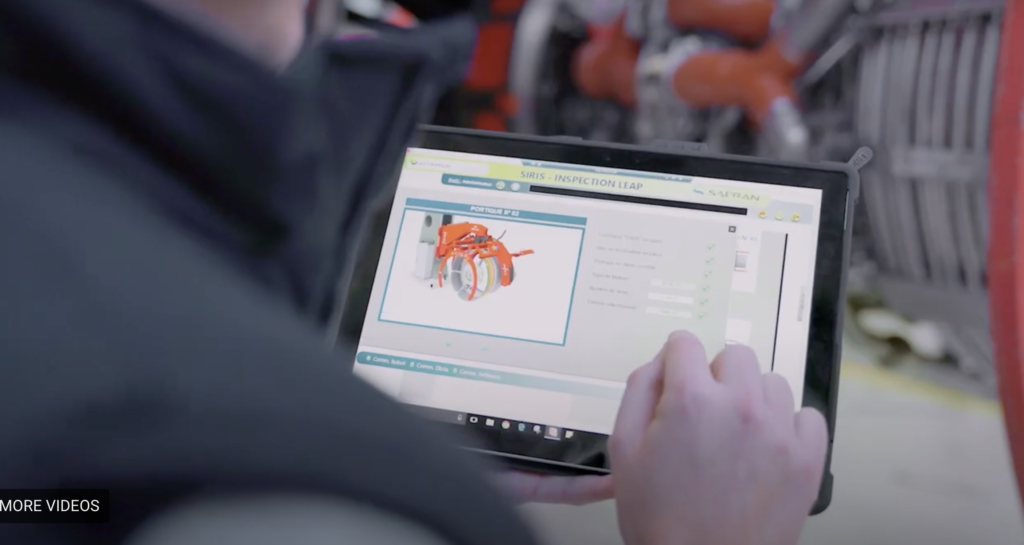
Why Quuppa for the Aeronautics Industry?
Quuppa RTLS stands out as a preferred choice for the aeronautics industry due to several key factors:
- High Accuracy and Reliability: Quuppa RTLS offers high accuracy and reliability, ensuring precise tracking of assets and equipment even in challenging industrial environments.
- Optimised Locator Coverage: The design of Quuppa Locators allows for more extensive coverage areas, reducing the number of Locators required, especially in environments with high ceilings.
- One System for Multiple Applications: Quuppa RTLS can be used for various applications, from production processes to tool tracking, providing a comprehensive solution for the aeronautics industry.
- Indoor and Outdoor Coverage: Quuppa’s integrated solution covers both indoor and outdoor areas, eliminating the need for multiple systems and ensuring seamless tracking across different environments.
- Flexibility and Scalability: Quuppa RTLS offers flexibility and scalability in positioning accuracy, allowing organisations to choose the level of accuracy required for their specific use cases.
- Long Battery Life: Quuppa’s tag battery life can last up to 10 years, reducing the cost of ownership and minimising the need for frequent tag replacements.
- Harsh Industrial Environment Performance: Quuppa’s Q35 Locators have a proven track record of performing exceptionally well in harsh industrial environments, ensuring reliability and accuracy even in challenging conditions.
Case Study: Airbus and Quuppa RTLS Integration
Airbus, one of the world’s leading aircraft manufacturers, has recognised the potential of Quuppa RTLS and has integrated the technology into its facilities. The collaboration between Airbus and Quuppa began in 2016 when Quuppa’s technology was tested to identify logistic assets on Airbus’ shop floors. The successful results led to the integrating of Quuppa RTLS across multiple industrial sites in France, Germany, Spain, and the UK. By leveraging Quuppa’s accurate tracking, analysis, and management capabilities, Airbus has improved efficiency, optimised resource allocation, and achieved a rapid return on investment.

Case Study: Safran Aircraft Engines and RTLS for Product Flow Optimisation
Safran Aircraft Engines, a renowned aircraft engine manufacturer, has also embraced Quuppa RTLS to enhance their operations. By utilising Orange Business Services’ intelligent tracking solutions powered by Quuppa, Safran Aircraft Engines’ employees can easily find the tools they need for their daily tasks. With two of Safran’s industrial sites in France equipped with Quuppa’s real-time locating system, professionals at the manufacturing facility can locate tools on the assembly lines through a simple and intuitive user interface. This implementation has significantly improved the product flow, saving time and energy while ensuring seamless operations.
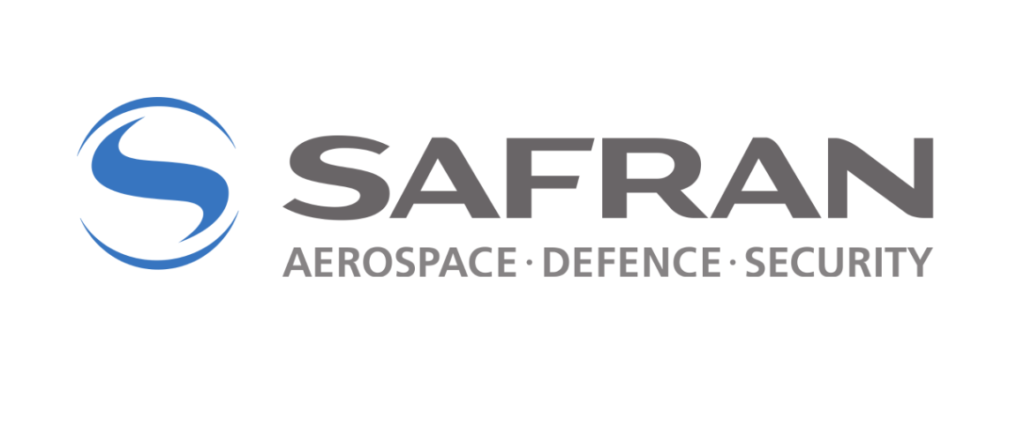
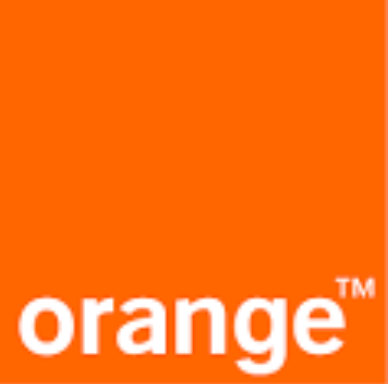
Real-Time Locating Systems (RTLS) have revolutionised the aeronautics industry by providing accurate and reliable tracking solutions. Quuppa RTLS, with its high accuracy and reliability, offers a comprehensive range of benefits for organisations involved in the design, manufacturing, and maintenance of aircraft and related components. From controlling production processes to optimising maintenance and inventory management, Quuppa RTLS enables organisations to improve efficiency, reduce errors, and achieve a quick return on investment. With successful integrations at leading companies like Airbus and Safran Aircraft Engines, Quuppa RTLS has proven its effectiveness in transforming operations in the aeronautics industry. Embracing this technology is a step towards a more efficient and productive future in the aviation sector.
